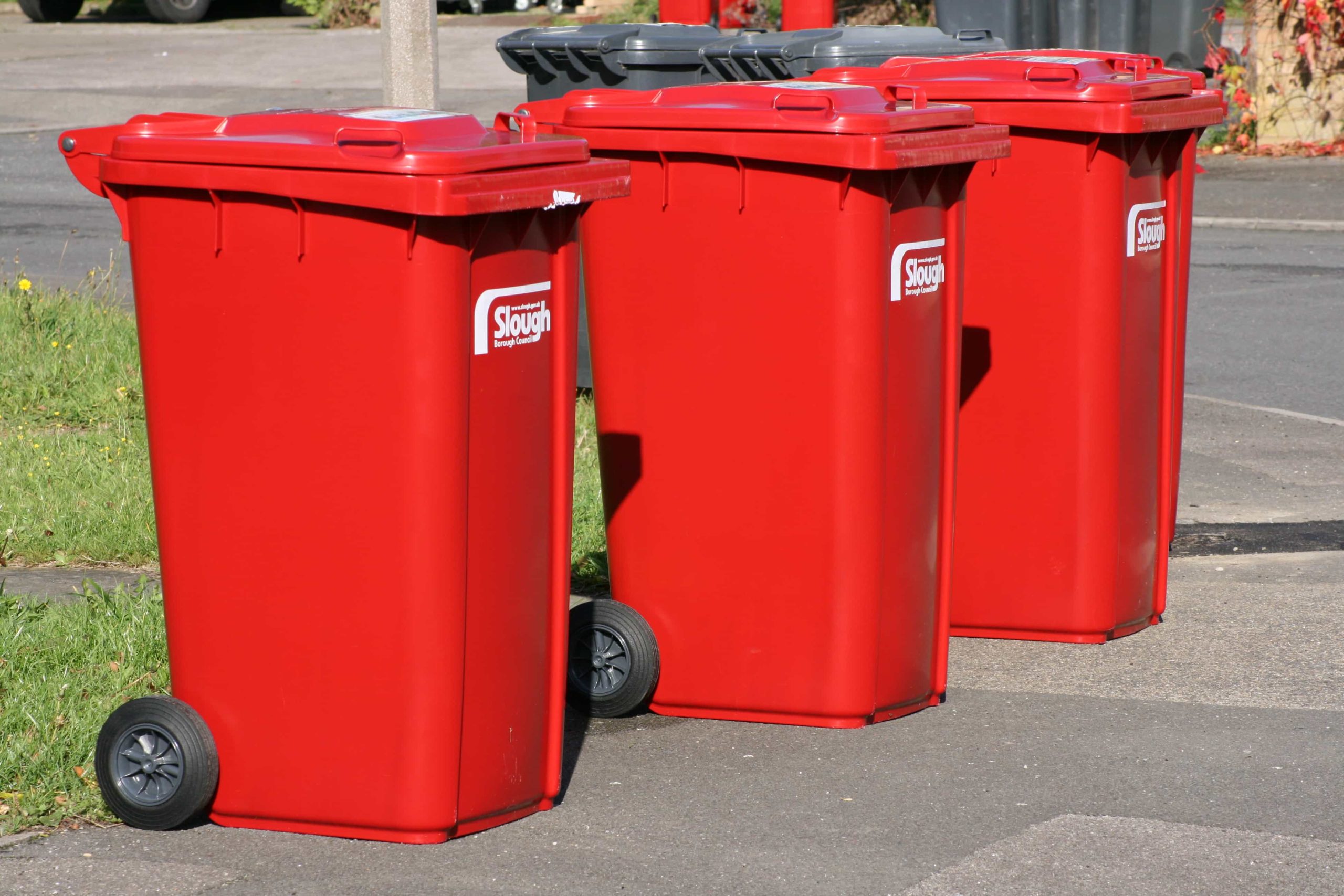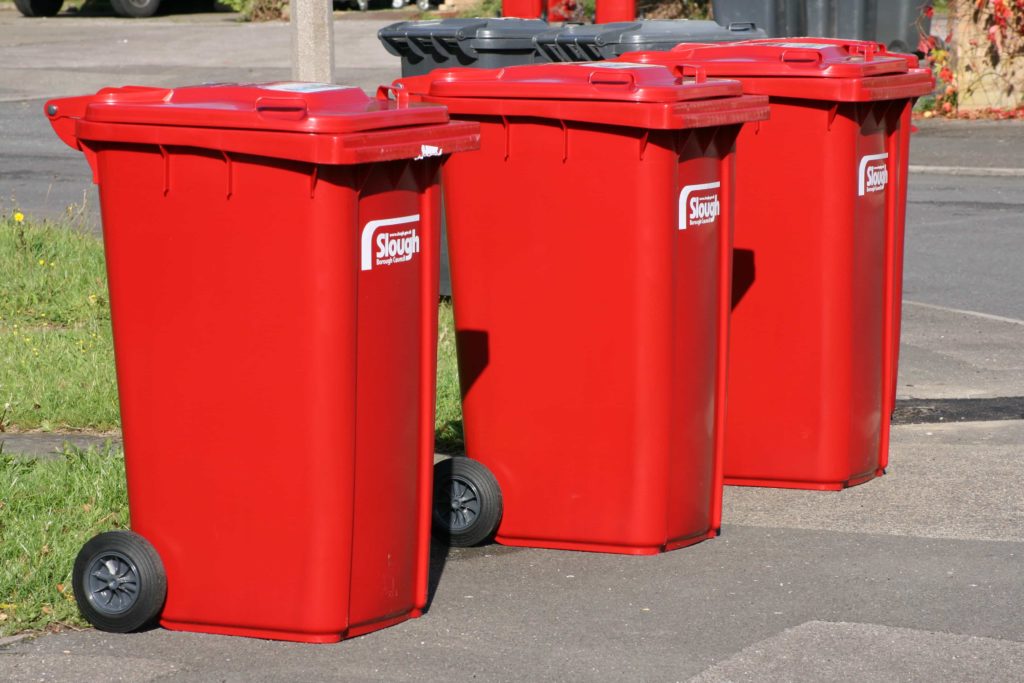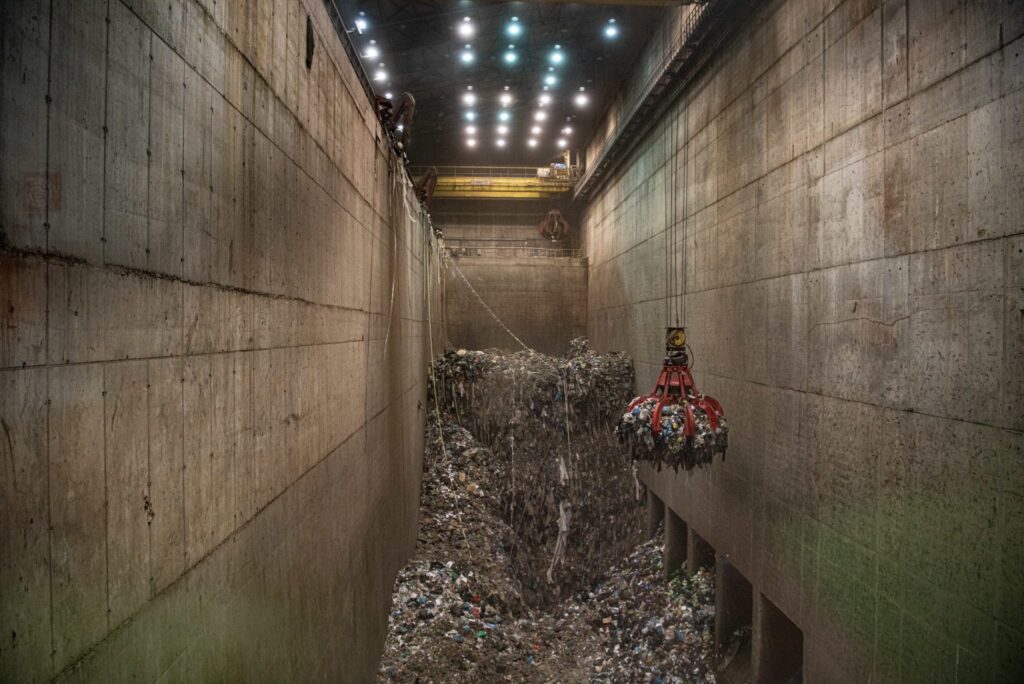Under the tender, the prospective contractor would be expected to handle up to 40,000 tonnes of residual waste from the unitary authority each year, as well as kerbside recyclables, garden waste and street sweepings.

The procurement also options the treatment of food waste, which Slough will consider collecting during the lifetime of the contract. The contract is expected to run until 2024, with an option to extend to up to 10 years.
Grundon
The new arrangement is scheduled to begin from December 2017 – the same time the South East borough’s current contract with Grundon is due to expire.
At present, Slough sends roughly 20,000 tonnes of residual waste per year to Grundon and Viridor’s nearby Lakeside incinerator in Colnbrook, as well as roughly 8,500 tonnes of kerbside recyclables to Grundon’s materials recycling facility (MRF) which is located on the same site.
However, both facilities are now likely to be demolished and relocated following the government’s decision last week to back a third runway at neighbouring Heathrow Airport (see letsrecycle.com story).
When drawing up its plans for future waste treatment procurement in July 2015, Slough councillors were asked to ‘note’ the possible impact the proposed runway could have on the Lakeside incinerator. It is understood the council would want to continue treating its waste locally.

Amey
The new disposal arrangement also times with the council’s plan to bring waste and recycling collections in-house from December 2017 – at which time its 15-year collection contract with Amey is also due to expire (see letsrecycle.com story).
Grundon currently charges Amey for Slough’s waste disposal which in turn charges the council as part of a brokering arrangement.
However, the council anticipates that it will have a ‘direct’ contractual relationship with its waste treatment contractor under the new procurement – and aims to achieve a ‘35% saving’ on current disposal costs. In 2015/16, Slough’s annual disposal budget stood at £3,550,000.
The council also hopes to improve recycling through the new contract, having set itself a target of 60% by 2028. Last year the authority achieved an overall recycling, composting and reuse rate of 29%.
Capacity
In a report on the future of its waste service, the council noted: “Central to the urgency to procure a new waste treatment contract is the presence of a ‘capacity gap’ between the amount of waste produced regionally and the infrastructure available to dispose of the waste particularly with regard to the disposal of non-recyclable (residual) waste.”
Slough is inviting up to five bids for the new contract with a deadline of 25 November 2016.










Subscribe for free